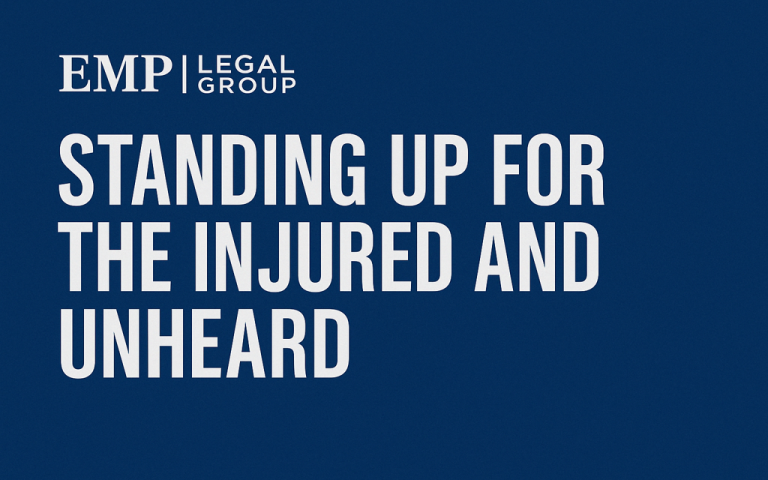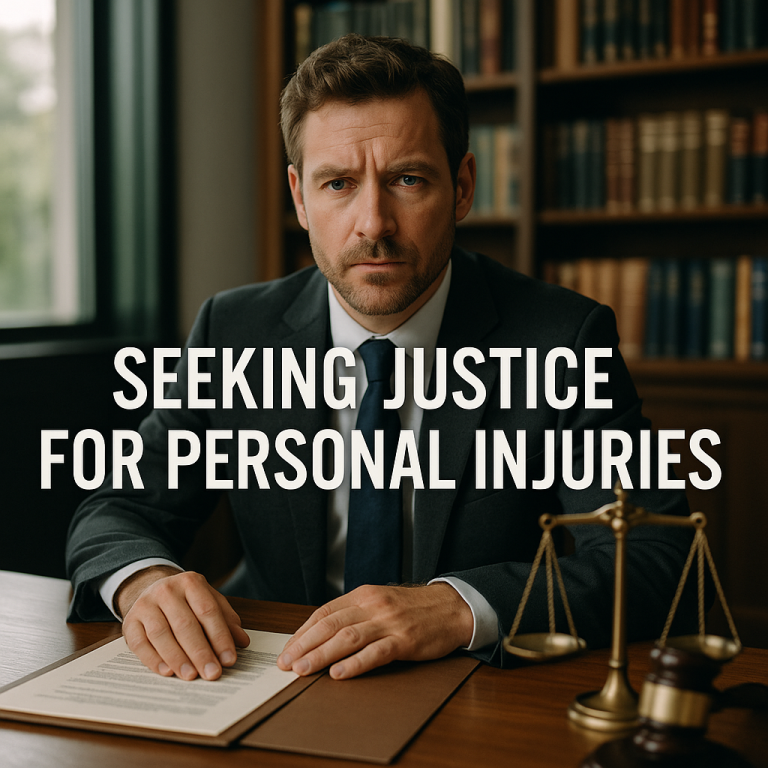Experiencing injury from someone else’s negligence can be incredibly challenging, and the repercussions may be equally disastrous. Knowing how to maximize your personal injury payout is vital through a road accident, industrial accident, or clinical negligence. The money you receive is not just a settlement but also a lifeline to help you recover, pay bills, and get on your feet once more. Be proactive, alert, and astute if you want to receive the maximum compensation you’re entitled to. This blog post explains essential elements that can determine the outcome of your personal injury case and maximize recovery.
Get Medical Help Quickly
Your health should be your top concern following an accident. Immediate medical care guarantees that you are adequately looked after and generates a medical record noting the degree of your injuries. Though your symptoms seem minor, having a checkup is imperative as some damages show up slowly and might worsen without timely care.
This medical evidence is the most crucial proof in a personal injury case. Insurance adjusters and opposing counsel will be analyzing your history to see if your injuries are severe and if they are present. Waiting too long to be treated could cause them to believe that the injuries were not that severe, lowering your level of reimbursement.
Seek Legal Assistance
Recovering from an injury can be a taxing experience, and dealing with a personal injury claim only adds to the stress. The outcome of your claim depends on having a seasoned personal injury lawyer on your side. Personal injury attorneys know the tricks insurance firms play and are experts at creating a strong case that could help you get the maximum compensation you are due.
Besides negotiating for you, an attorney can handle the courthouse technicalities and time limits in filing a suit. This will let you focus on your recuperation, and you may rest knowing that your case is under knowledgeable hands. Usually, an experienced personal injury lawyer can discover means of recompense you would never have considered and negotiate to guarantee that all aspects of your suffering are addressed.
Preserve the Evidence
Having pictures of the site of the accident, your injuries, property damage, and any other appropriate information would help you to that end. Other helpful details are eyewitness testimonies and police or event reports.
Keep a folder with medical reports, repair quotes, insurance papers, and other information about your injury. Your case will be the strongest, the more complete and methodical your data collection is. The claim for a larger settlement or filing of a lawsuit will depend on this information.
Avoid Posting on Social Media
Insurance companies and defense lawyers even search on social networking sites for proof to refute your claim in the modern internet era. Defense lawyers can argue against you that your injuries are not as terrible as you claimed by showing a happy image of you laughing at a family celebration.
As your claim proceeds, resist posting anything about your accident, injuries, or everyday life.
Postings that are not harmful will also be misinterpreted. Encourage friends and relatives to refrain from being tagged on posts or posting updates on the internet whilst your claim is still pending.
Be Wary of Insurance Adjuster Negotiations
Insurance adjusters are also taught to safeguard their company’s financial performance. Though they could be compassionate and pleasant, they’re there to generally persuade you to settle for as little money as they can pay fast. What you tell them will eventually be used against you.
You should always contact an expert before giving record statements or signing papers.
Decline to discuss your case at great length until you have proper legal counsel: be polite but firm. The less inclined you will be to make a costly mistake, the more aware and careful you are.
Endnote
Maximizing your personal injury award is a carefully conceived, documented plan. Following the correct procedures, not only do you maximize your opportunity for equitable settlement, but you also take charge of your rehabilitation process. Cooperate with professional legal experts who will make sure that each step you make is precise.




